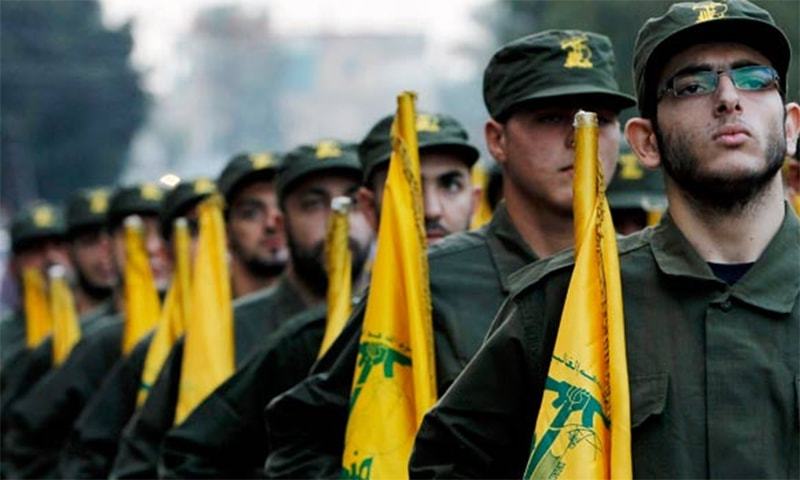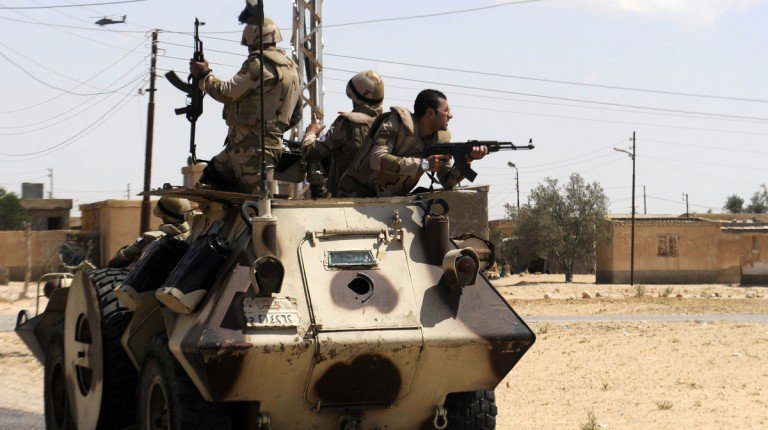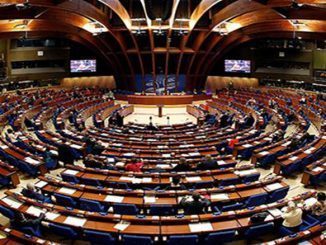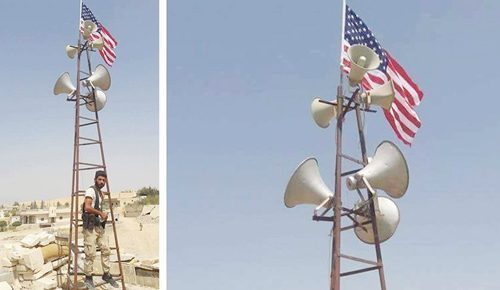
Hezbollah’s terrorism finance operations are thriving across Latin America months after the Drug Enforcement Administration linked the Iran-backed Lebanese militant group to drug cartels in the region, U.S. lawmakers were told Wednesday.
Former DEA operations chief Michael Braun said Hezbollah is “moving [multiple] tons of cocaine” from South America to Europe and has developed “the most sophisticated money laundering scheme or schemes that we have ever witnessed.”
U.S. officials have long been wary of Hezbollah, an Iran-backed Shiite group.
While it has a mainstream political arm in Lebanon, officials have linked the group to terrorist attacks in various corners of the world over the past 25 years — the vast majority targeting Israel. The State Department listedHezbollah as a terrorist organization in the late 1990s and has characterized Iran as a leading state sponsor of terrorism largely on grounds that it supplies the group with weapons.
But the full scope of Hezbollah’s operations has long been a subject of debate in Washington. The DEA’s recent claims followed years of speculation about Iranian activities in Latin America.
Responding to pressure from Republican lawmakers, the State Department conducted a formal probe into the matter in 2013 and issued a report claiming that Iran was not supporting any active terrorist cells in the region.
While the report said the number of Iranian officials operating in Latin America had increased, the report concluded Tehran had far less influence in Latin America than critics claimed.
But former officials like Mr. Braun, who retired as DEA chief of operations in 2008, say Hezbollah is extremely active in the region.
President Obama signed the “Hizballah International Financing Prevention Act” last year, authorizing a range of actions, including sanctions, to block Hezbollah’s ability to fund itself.
Emanuele Ottolenghi, a senior fellow on Iran and illicit finance with the Foundation for Defense of Democracies, told lawmakers at Wednesday’s hearing that Congress and the administration should use the law to “aggressively focus” on Hezbollah’s presence in Latin America.
Brazilian connection
Mr. Ottolenghi pointed to the group’s “vast network of support,” particularly in Brazil, which is home to some 7 million people of Lebanese descent, including an estimated 1 million Shiite Muslims.
“Hezbollah generates loyalty among the local Shia communities by managing their religious and educational structures,” Mr. Ottolenghi told the hearing. “It then leverages loyalty to solicit funds and use business connections to its own advantage, including, critically, to facilitate its interactions with organized crime.”
He cited a 2014 report by the Brazilian newspaper O Globo that outlined a connection between Hezbollah and the Primeiro Comando da Capital, a Sao Paulo-based prison gang, which is widely regarded to be among the country’s biggest exporters of cocaine.
“Drug cartels need middlemen, as well as commodity and service providers, for the supply line and delivery to cartels in Colombia, Venezuela and Central America,” Mr. Ottolenghi said. “They need assistance facilitating transit to West Africa before drugs cross the Sahara on their way to Western Europe and enabling the producers, refiners and cartels to launder their revenues and acquire the accessories for the trade in the process.”



